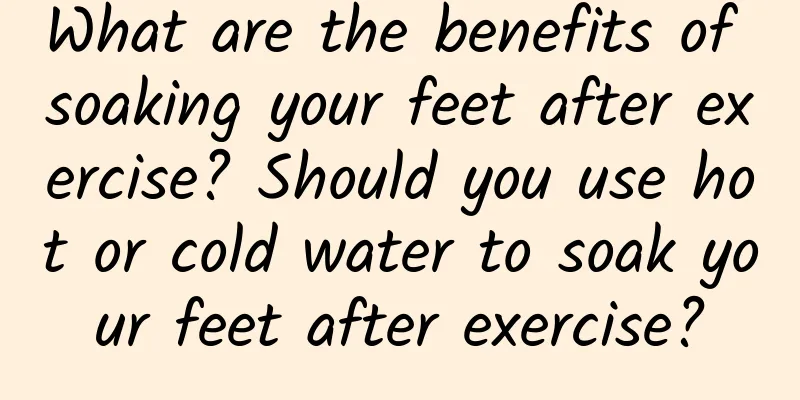Breast pump instructions_How to use the breast pump

|
Breast pumps are very common items in daily life. Most women who are breastfeeding have one. Although breast pumps are very common, not many people can actually use them. If the breast pump is not used correctly, not only will the milk fail to be sucked out, but it will also affect the health of women's breasts. In fact, breast pumps are very simple to use in daily life. How to use a breast pump? 1. Wash your hands and breasts. Gently express a little milk from each breast to make sure the ducts are not blocked; 2. Make sure you have sterilized and installed the breast pump; 3. Choose a comfortable chair, relax your body, lean forward slightly (put a pillow behind your back), and put a glass of water next to you; 4. Press the funnel and massage pad of the breast pump tightly against the breast, and do not let air in to avoid loss of suction; 5. When you press the handles gently, you will feel suction on your breasts. The suction of the breast pump does not need to reach the maximum level to make your milk flow smoothly, so there is no need to press the handle all the way down to form a vacuum, just feel comfortable; 6. When you first start pumping milk, you can quickly press the handle 5-6 times. Next, press the handle to keep it there for 2-3 seconds, then release it to let it return to its original position. This imitates the natural sucking action of the baby. The milk will flow out when the handle is put back in place; 7. If no milk comes out after pressing a few times, don't be anxious, just relax and keep trying. If you experience discomfort or pain during breastfeeding, stop immediately and consult a doctor; 8. Using a massage pad will speed up the flow of milk, making it easier to pump milk; 9. It usually takes 10 minutes to express 60-125 ml of milk. But everyone's physique is different, there are always differences. If you express more than 125 ml of milk at a time, use a larger bottle. Is a manual breast pump better than an electric breast pump? There are manual and electric breast pumps. Some people think that electric ones are better because they are more convenient and faster. In fact, this is not the case. Electric breast pumps are fast and convenient, bringing convenience to many mothers. However, it should be noted that every mother has a different physique. Electric breast pumps require a speed setting. If used improperly, it is likely to cause breast pain. Therefore, it is better to choose a manual breast pump because the manual type can adjust the speed according to personal needs. |
<<: How long does it take to get menstruation after abortion
Recommend
Boiled mugwort leaves in water to treat cervical erosion
Mugwort is a traditional Chinese medicinal materi...
Fear at every step – What is acute anxiety disorder?
This is the 3165th article of Da Yi Xiao Hu "...
How to wear underwear when you have breast hyperplasia
Breast hyperplasia is a breast disease in women. ...
What are the dangers of getting angry and crying during menstruation?
Some girls have a bad temper and they easily get ...
Causes of belly button pain during pregnancy
After many of our female compatriots become pregn...
Can I use cupping during menstruation?
Cupping is a traditional Chinese medicine treatme...
Polycystic ovary surgery
Polycystic ovary disease is very harmful to women...
Brown discharge a week before period
During the menstrual period, girls' menstrual...
What to do if a pregnant woman does not defecate
If pregnant women often do not defecate, it is de...
What are the dangers of right adnexal cyst?
Right adnexal cysts confuse many female friends. ...
Color change pictures of lochia
As we all know, postpartum lochia is the process ...
What complications may occur if you induce labor at four months?
In clinical practice, sometimes some unexpected s...
Symptoms of early pregnancy
When pregnant for half a month, pregnant women wi...
How to take care of breast implants after surgery
Everyone has a love for beauty. Many female frien...









